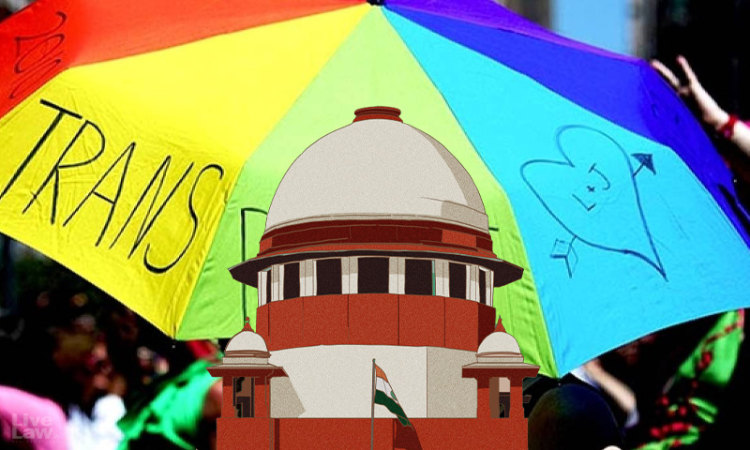Supreme Court Asks Centre To Frame Policy For Employment Of Transgender Persons
Sohini Chowdhury
8 Sept 2022 5:00 PM IST

Next Story
8 Sept 2022 5:00 PM IST
The Supreme Court, on Thursday, by way of an interim order, asked the Central Goverment in consultation with the National Council for Transgender Persons to devise appropriate policy framework in terms of which reasonable accommodation can be provided to transgender persons in seeking recourse to avenues of employment in all establishment covered by the provisions of the Transgender...
